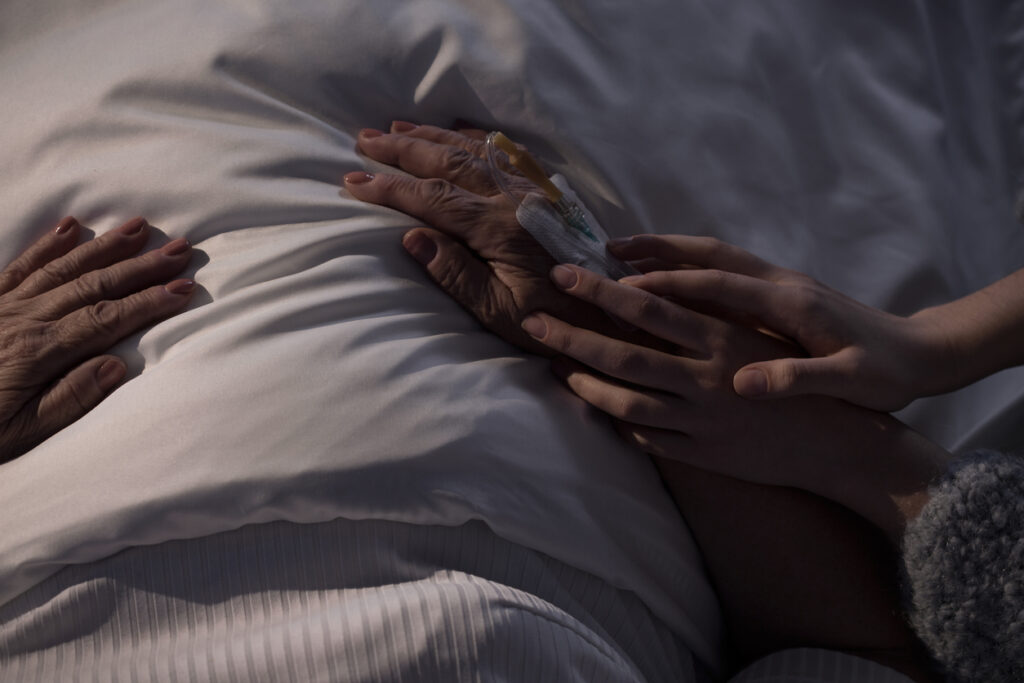It’s extremely common for a family to move an aging relative into a nursing home when they are no longer able to care for themselves, whether it is due to their limited physical abilities or a health condition. Nursing homes are supposed to serve as a place for an elderly individual to go when they need assistance with day to day tasks as well as constant monitoring. In order to provide the proper care to the individuals who live in nursing homes, facilities are expected to comply with state and federal regulations that aim to keep residents safe and receive the quality care they deserve.
Unfortunately, despite what state and federal regulations require, some nursing homes continuously fail to comply with them, putting the health and safety of the residents living in these facilities at risk.
One of the biggest concerns that has developed and has contributed to residents falling and suffering injuries is understaffing. Many nursing homes are not properly staffed, which means each worker who is employed in an understaffed nursing home is assigned to care for and monitor more residents than they are physically able to. This not only puts residents at risk of becoming neglected, but also at risk of falling as they have no one around to help them when they need to get up, use the restroom, etc.
If your loved one recently fell at the nursing home they live in and suffered an injury such as a hip fracture, you may have a valid claim against the home if you can prove the facility’s negligence was responsible for it. Negligence is the basis for most personal injury cases and if there wasn’t anyone around to tend to your loved one which caused him/her to fall, you may be able to sue the facility for damages.
Falls Can be Fatal When it Involves an Elderly Individual
Research says that while a ground-level fall might not be serious to someone who is in their 20’s or 30’s, they are to those who are age 70 and older. In fact, the University of Rochester Medical Center cites that “elderly adults – 70 years or older – who experience ground-level falls are much more likely to be severely injured and less likely to survive their injuries compared to adults younger than 70 years.” The source also cites that “elderly patients are three times as likely to die following a ground-level fall compared to their under-70 counterparts.”
The reality is, a fall can turn an aging individual with no serious health conditions into someone who is constantly faced with a new health issue, especially if the fall resulted in them suffering a hip fracture. As unfortunate as it is, there are many older individuals who are never able to fully recover from a hip fracture.
Symptoms of a Fall
Cedars-Sinai lists these symptoms as some of the more common ones that are associated with a hip fracture:
- Hip pain or pain that can be felt in the knee
- Lower back pain
- Inability to stand or walk
- Bruising and swelling
- Foot turned out at an odd angle, making one leg look shorter
Hip fractures are not only painful and debilitating, but they also increase the chance of complications arising. Cedar-Sinai has identified the following as potential complications that could arise after a person has broken their hip:
- Blood clots can develop in the veins, which typically occur in the legs. In the event a clot was to break off, it could travel to a blood vessel in the lung and cause a blockage. This blockage, which Cedar-Sinai identifies as a pulmonary embolism, can be fatal.
- Pneumonia
- Muscle atrophy, which is the wasting of muscle tissue
- Postoperative infection
- Nonunion or improper union of your bone
- Mental deterioration after surgery in older patients
- These develop after a person is left lying in the same position with minimal movement.
- Loss of blood supply to a specific area. The source says that with certain types of fractures, blood is unable to circulate properly to the head of the thigh bone and can result in a loss of blood supply. This condition is referred to as femoral vascular necrosis, or avascular necrosis.
While some older individuals are lucky enough to make a full recovery after suffering a hip fracture, many experience “a loss of independence, reduced quality of life, and depression.” Now, if a nursing home in or nearby to Madison, MS was negligent which resulted in your loved one falling and suffering an injury, contact Ballard Law, PLLC to discuss the incident with personal injury lawyer William E. Ballard. In the event you have a viable case against the nursing home, we can assist you with taking the necessary steps to file suit against it.
You can reach Ballard Law, PLLC at:
108 S. President Street
Jackson, MS 39201
Phone: 769-572-5111
Website: www.ballardlaw.ms

